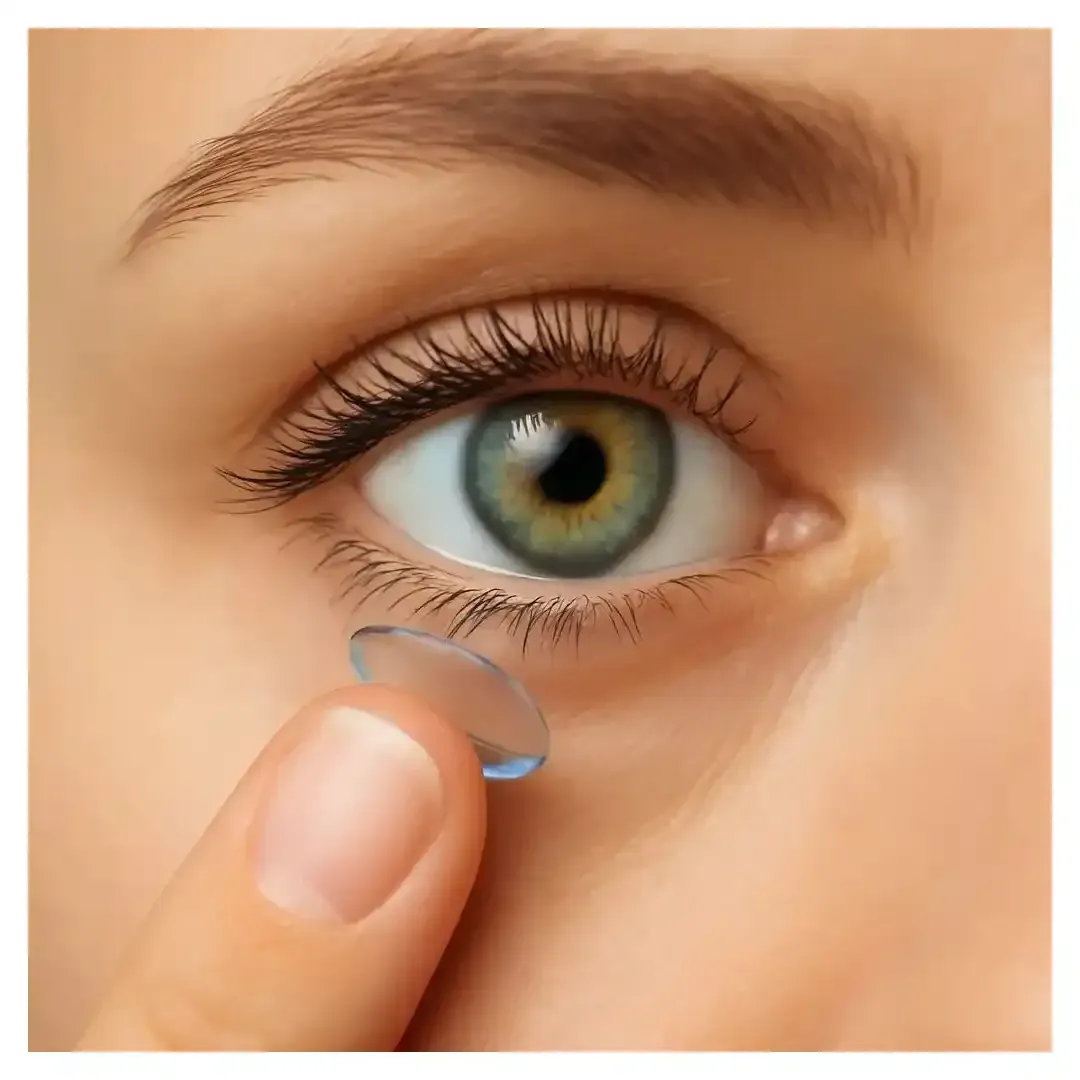
Scratched Eye? What to Do, What NOT to Do, and When to Call the Doctor
Scratched Eye? What to Do, What NOT to Do, and When to Call the Doctor
Your eyes are delicate. So when something—dust, mascara wand, pet claw—scrapes the surface, it hurts. But here’s the key: while minor scratches might heal on their own, others can cause permanent damage if ignored or treated incorrectly.
This guide from Eyes in Disguise Optometry will show you what to do the moment your eye feels scratched—and what not to do if you want to heal quickly and safely.
What Is a Corneal Abrasion?
A corneal abrasion is a scratch on the clear, protective outer layer of your eye (the cornea). This layer is thin but incredibly sensitive—meaning even tiny injuries can feel intense.
Common causes include:
Fingernail scratches
Contact lens misuse
Rubbing your eye with debris inside
Sports injuries
Makeup applicators
Dry eyes causing friction
How to Tell If You’ve Scratched Your Eye
Typical symptoms:
Sharp, stinging pain
Feeling like something is in your eye
Redness
Excessive tearing
Sensitivity to light
Blurry or hazy vision
Headache or difficulty opening your eye
If these symptoms last more than a few hours—or worsen—you should see an eye doctor.
What To Do Immediately (First Aid for a Scratched Eye)
You can’t see the scratch—but you’ll definitely feel it.Here’s what to do right away:
Rinse your eye gently
Use sterile saline solution or clean, lukewarm water. This can flush out dust, lashes, or irritants.Blink often
Tears help lubricate and wash away debris.
Use preservative-free artificial tears
These can provide soothing relief and help the cornea rehydrate.
Avoid bright lights
If your eyes are light-sensitive, wear sunglasses indoors or dim the lights.
What NOT To Do (Even If Google Says It's Okay)
Don’t rub your eye
Rubbing worsens the abrasion and increases risk of infection.
Don’t wear contact lenses
They can slow healing and trap bacteria against the wound.
Don’t use redness-reducing drops
These may cause more irritation and don’t treat the injury.
Don’t patch the eye yourself
Covering the eye without a doctor’s guidance can make it worse—especially if an infection is involved.
When Should You See an Eye Doctor?
Call your optometrist immediately if:
The pain worsens or lasts more than 24 hours
You have blurry vision or sensitivity to light
There’s yellow or green dischargeYou were scratched by something dirty or metallic
You wear contacts regularly
At Eyes in Disguise, we can examine your eye using advanced imaging to see the full extent of the damage and prescribe antibiotics or healing ointments if needed.
Why Prompt Care Matters
Ignoring a corneal abrasion can lead to:
Corneal infection (ulcer)
Scarring that distorts vision
Chronic dry eye or discomfort
Risk of vision loss in severe cases
You wouldn’t leave a cut untreated—your eye deserves the same care.
Scratched Eye Treatment in San Francisco
At Eyes in Disguise, we offer:
Same-day evaluations
Imaging & fluorescein dye testing
Prescription eye drops to prevent infection and speed healing
A soothing, luxury experience that makes you feel calm—never rushed
Don’t Wait. Call Us If Your Eye Feels Scratched.
You don’t have to guess. Let us confirm whether it’s minor—or something more serious.
Call: (415) 474-5321
Or visit our Emergency Eye Care page
for more guidance.
FAQ: Scratched Eyes & Corneal Abrasions
Can a scratched eye heal on its own?
Yes, minor abrasions can heal in 24–48 hours—but deeper ones can become infected if not treated.
How long does it take to recover from a corneal abrasion?
Anywhere from 1–7 days, depending on the severity and treatment.
Can I wear makeup after scratching my eye?
Avoid all eye makeup until your optometrist says it’s safe. It can delay healing or introduce bacteria.
What kind of doctor should I see for a scratched eye?
An optometrist is the best first point of care. They have the tools and training to treat most corneal abrasions quickly and effectively.
For quick service : https://eyesindisguise.com/emergency-eyecare